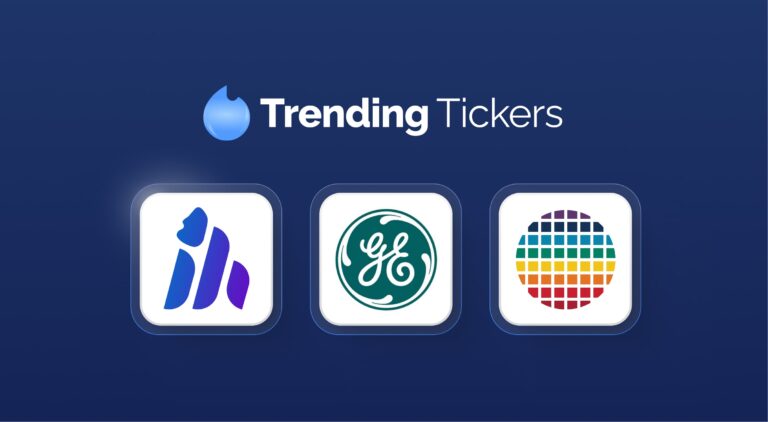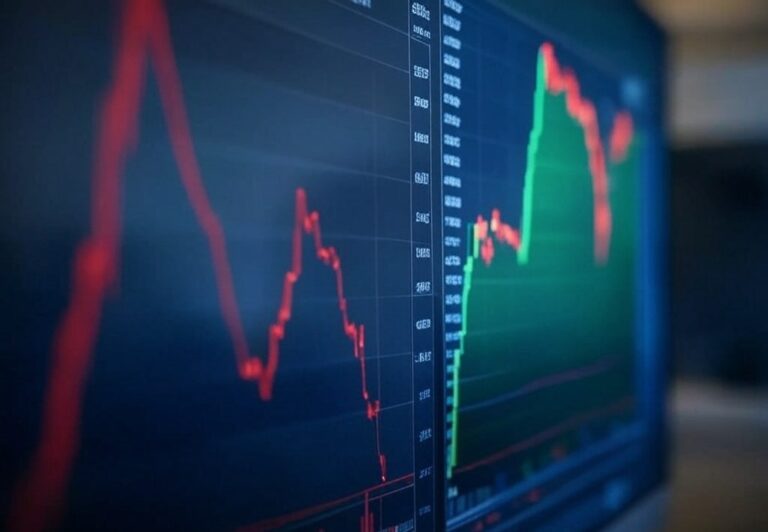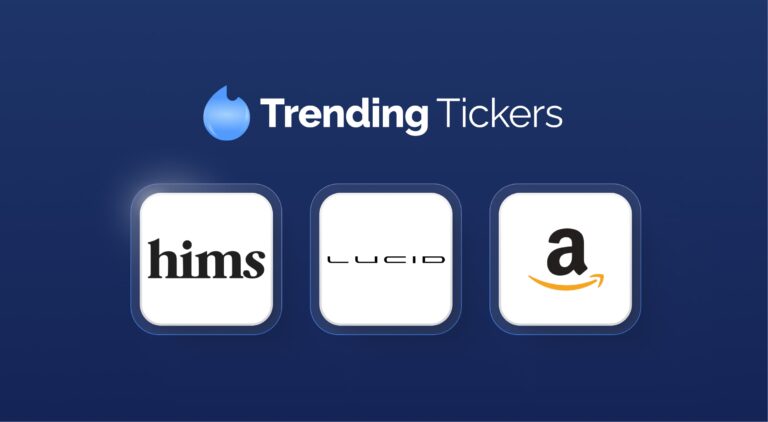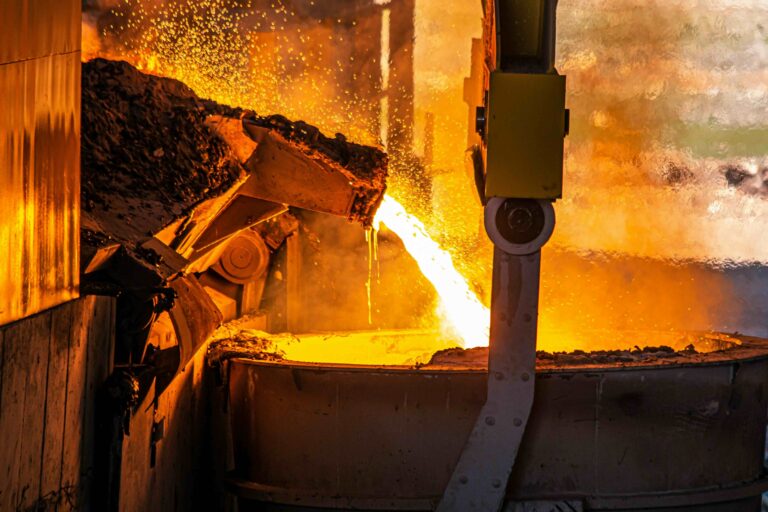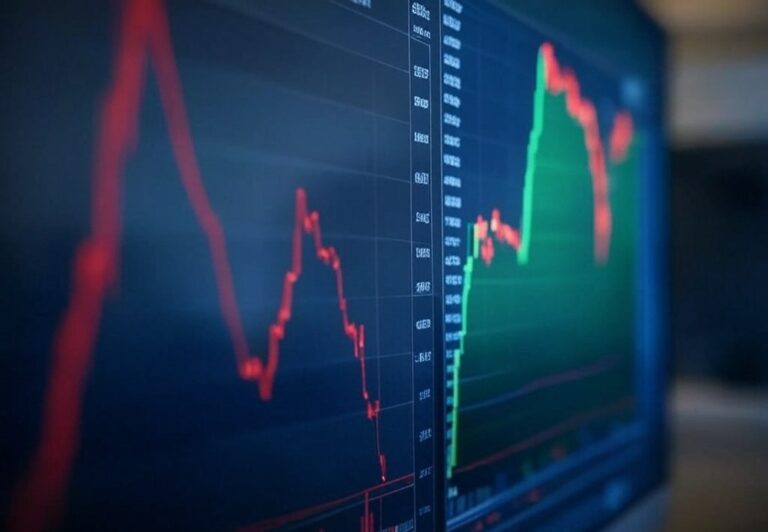The biggest question for anyone investing in any stock is: Will it beat the market?
(Technically, it’s: Will it beat the market on a risk-adjusted basis? A boring utility stock might deliver a bit less return than the market for a lot less risk, and that’s just fine.)
For Berkshire Hathaway – which has delivered returns of roughly 3,800,000% for investors since 1965, that’s still the surface question.
But as I discussed in my latest Forbes column, the real question for Berkshire is what happens after Buffett (92) and Munger (99) leave the stage, God bless them.
Whitney Tilson feels the shares are 13.5% undervalued, as he told me during our chat. He’s the reigning Berkshire expert, but he’d also admit that he’s a superfan, so it’s possible that he’s positively biased. (That said, he’s been very accurate in calling Berkshire’s price in the past.)
What happens to Berkshire Hathaway without Warren Buffett?
The most direct way to think about Berkshire’s succession is to say: Buffett is the world’s greatest capital allocator (or the Buffett + Munger duo), so with him gone, or with them gone, Berkshire will go downhill. Furthermore, Buffett has a gravitational pull that nobody else has. Employees work for Berkshire for below-market pay, entrepreneurs sell to Berkshire for below-market multiples, and subsidiary company CEOs work past retirement age, perhaps for the satisfaction of being part of the most respected conglomerate that’s ever existed.
In other words, the same pull that brings 40,000 people to a corporate annual meeting brings all sorts of deals and economic benefits, too. (And stuffed dolls.) Therefore, without it, Berkshire will suffer.
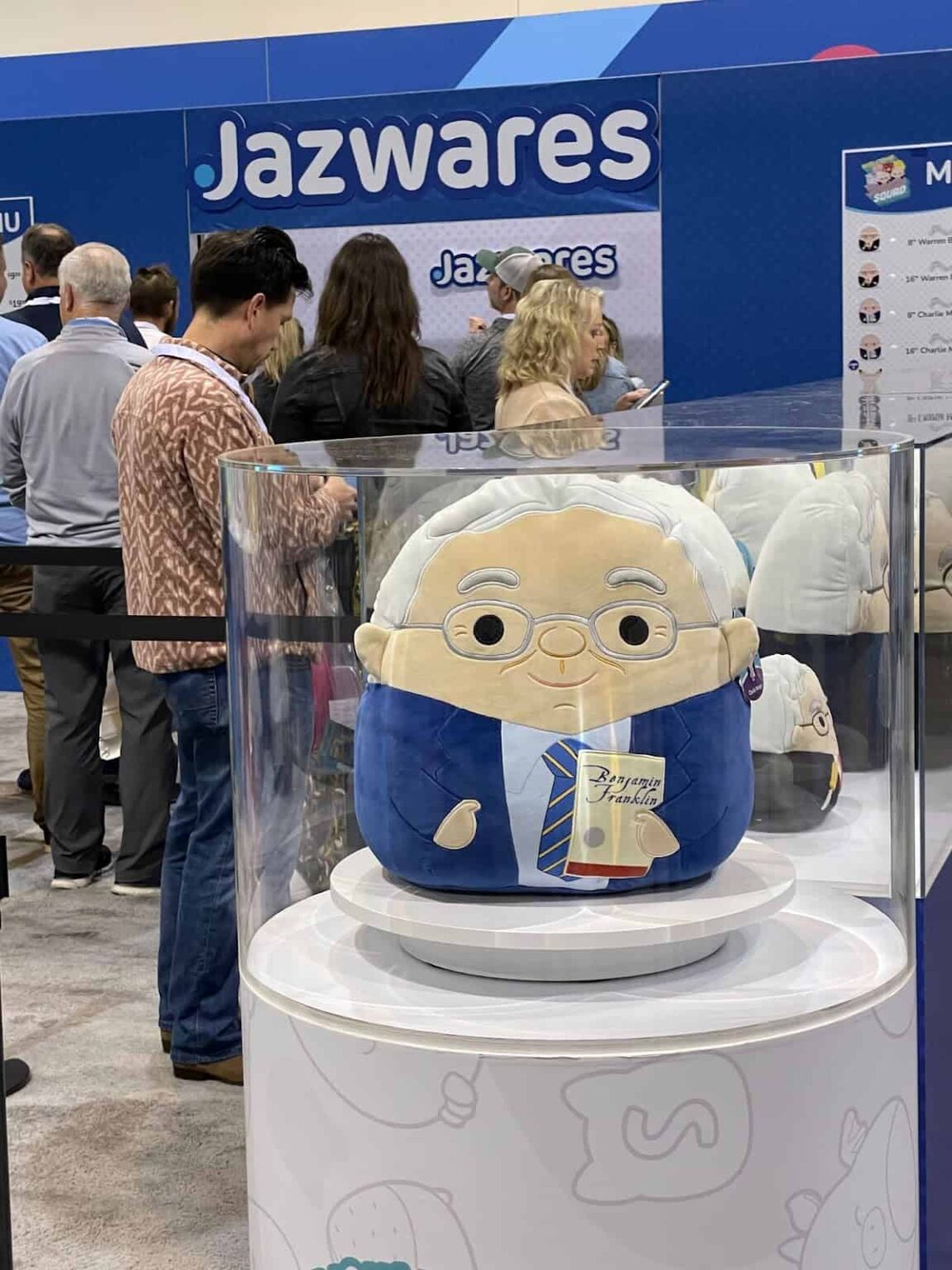
The other way to look at it is that Berkshire has matched the market for the past 15 years. It’s grown so big that moving its needle is difficult. At least in its public market portfolio, the effect Warren and Charlie have is not as big as one might think. In fact, in some ways they’re a drag on returns, because they tend to avoid technology companies.
Yes, Berkshire owns Apple (which has made more money for Berkshire than any other investments) but that was chosen (in 2016) by Ted Weschler and Todd Combs, Berkshire’s up-and-coming co-CIOs. In other words, Berkshire without Buffett and Munger won’t be so bad because they’re past their primes and the business has grown too large to benefit from investing genius anyway.
You could also merge these perspectives and predict that Berkshire’s public equity results may be relatively unaffected, whereas its private market investing may lose a bit more without the Buffett halo.
I tend to think they’ve built quite a flywheel by attracting like-minded people to a cause, versus just a stock. I’m sure it’s happened, but I don’t know of anyone who buys Berkshire Hathaway as a short-term investment. Many people hold it for decades – or at least have held it for decades. If I had to guess, I’d guess they still will.
James
p.s. The best place to hold your Berkshire Hathaway stock for decades is – you guessed it! – in a BBAE account. If you still haven’t opened one, you can do so right here, via this link!



